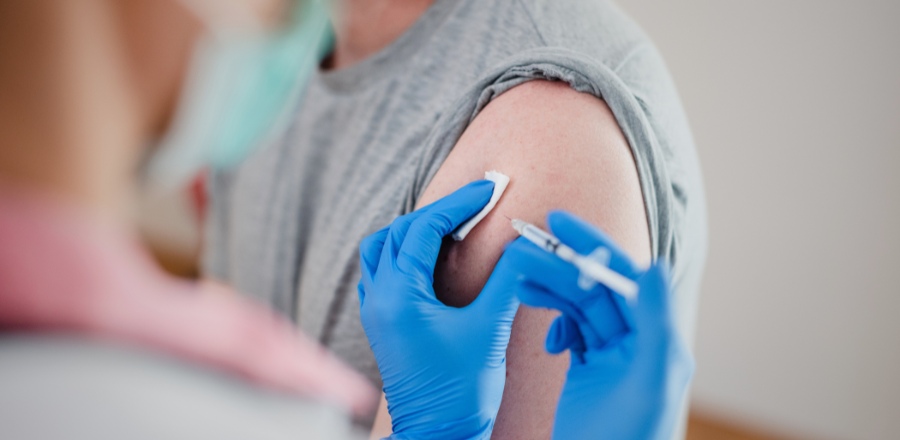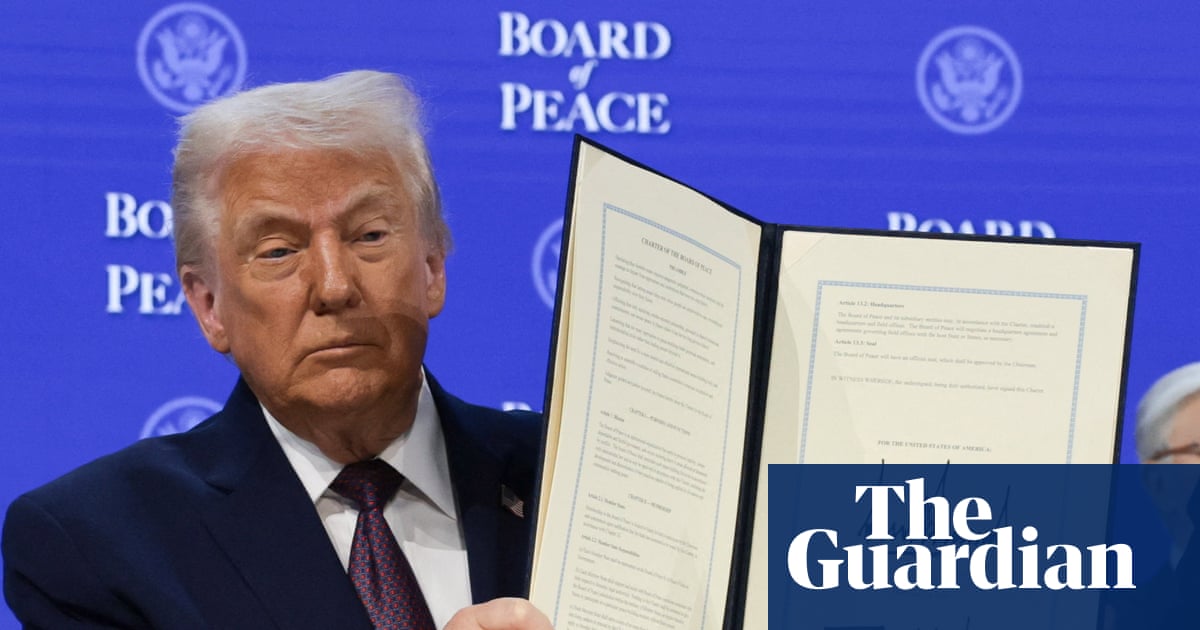
The Australian Medical Association (AMA) has issued a new position statement on immunisation, emphasizing the critical role of General Practitioners (GPs) in addressing vaccine hesitancy. The AMA asserts that GPs and their teams are uniquely positioned to offer trusted, personalized advice that can help counter the growing mistrust in vaccines.
AMA President and GP, Dr. Danielle McMullen, highlighted the decline in vaccine confidence since the onset of the COVID-19 pandemic, attributing it to the surge of misinformation and anti-science sentiment. “Vaccine hesitancy in countries around the world is becoming a major drag on global immunisation rates, placing millions of people at risk,” Dr. McMullen stated. “Australia is not immune to vaccine hesitancy, and it is disappointing we are seeing a drop in immunisation rates at home, especially among children.”
Declining Immunisation Rates: A Growing Concern
According to the National Centre for Immunisation Research and Surveillance, childhood immunisation rates in Australia have been falling since 2020 across all key age milestones—one, two, and five years. This decline is alarming to health professionals who fear the potential resurgence of preventable diseases.
Dr. McMullen stressed the importance of reversing this trend by restoring public trust in vaccinations, suggesting that general practices are the ideal setting for such efforts. “It is important vaccines are administered in settings where patients feel comfortable discussing any concerns they have about vaccines—something that is difficult to achieve in a retail setting,” she explained.
The Role of General Practitioners in Immunisation
The AMA’s position statement underscores the capability of general practices to provide medically supervised, best-practice immunisation services. These services are delivered by a team of medical practitioners and qualified practice nurses, ensuring comprehensive care.
“General practices deliver the majority of vaccines each year as part of the comprehensive, patient-centred care that GPs have been trusted to provide for generations,” Dr. McMullen noted.
The statement also highlights the significance of GPs in promoting access to National Immunisation Program vaccines, especially for children and at-risk patients. Dr. McMullen remarked, “Childhood immunisation appointments are the bread and butter of general practice, and they are important opportunities for family doctors to assess a child’s growth, development, and overall health.”
Challenges and the Path Forward
While there has been a push to expand immunisation availability through community pharmacies, Dr. McMullen pointed out the lack of evidence supporting improved immunisation rates through these channels, particularly among vulnerable groups such as children, older adults, pregnant women, and individuals with medical conditions.
The AMA is advocating for increased funding for general practice, including enhanced investment in the Workforce Incentive Program. This funding is deemed essential to improve access to immunisation services through GPs and practice nurses.
“We recognise there has been a push to expand immunisation availability including through community pharmacies, but to date we have no evidence this is helping to improve rates of immunisation,” Dr. McMullen stated.
As the AMA continues its efforts to bolster the role of GPs in combating vaccine hesitancy, the organization calls for a collaborative approach involving government support and public education to ensure higher immunisation rates and better public health outcomes.





